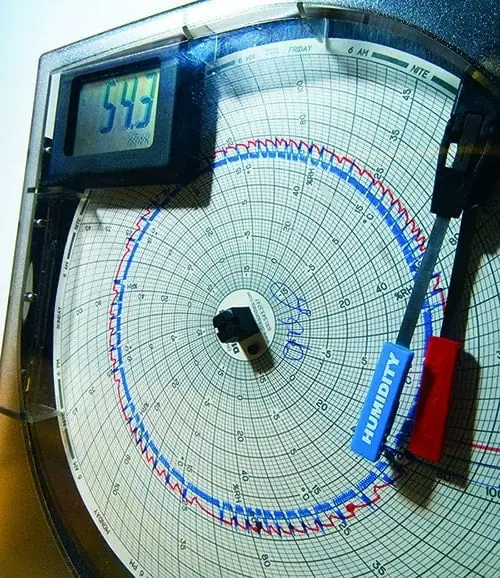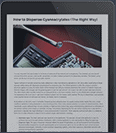All About Cyanoacrylate Prototype Testing Methods

The following blog post discusses some of the tests commonly implemented for cyanoacrylate adhesives during the prototyping phase.
Tensile Shear Strength Testing
Tensile shear strength testing is a standard procedure for engineered cyanoacrylate adhesive compounds. It is used to determine the strength of the adhesive by measuring the amount of force required to separate two plates that are bonded together by applying the adhesive on a specific overlapping area. In addition to the composition of the adhesive, there are many other factors that can affect this measurement, such as the preparation of the substrates, the application of the adhesive, and the conditions of the testing environment. It is important to keep these in mind when reporting test results.
Impact Testing
Cyanoacrylates will perform differently in high loading conditions than they do in normal static loading conditions. This is why it is important to subject them to impact testing before they are distributed: to verify that they will perform as intended even if loading conditions change. This requirement is especially important if the adhesives are going to be used in applications where impact resistance is critical, such as those found in the aerospace and automotive industries.
There are many ways to test the impact resistance of an adhesive. One of the most common tests involves dropping a weight from a set height onto an assembly bonded by the adhesive. The amount of energy absorbed is then recorded. The more energy the adhesive can absorb, the tougher it is.
Environmental and Durability Testing
In real-world applications, adhesives are subjected to many different environmental conditions that can affect their performance, such as fluctuating temperatures, strong chemicals, and changing moisture levels. By simulating these conditions in the testing environment, adhesive manufacturers can better ensure their products will work as intended in the final application. Additionally, they can test the durability of a product in both normal and extreme conditions so they and their customers can be confident in its performance limits in the field.
Cyanoacrylate Prototype Testing Services at Aron Alpha
Cyanoacrylates can offer superior adhesive performance. However, they must be engineered to meet the requirements and restrictions of the application. That’s why testing during the prototyping and development phases is crucial.
At Aron Alpha, we ensure our engineered cyanoacrylate solutions are right for you and your application by subjecting them to rigorous testing. We test each prototype for its tensile shear strength, impact resistance, and environmental durability to ensure it performs as required. Afterward, we provide an executive summary report and recommended adhesive samples for you to try out in your operations. If requested, we can provide on-site engineering assistance and consultation at your facility so we can evaluate your assembly application and determine what cyanoacrylate adhesive would be appropriate.
To learn more about our cyanoacrylate adhesive testing capabilities, contact us today. To discuss your assembly requirements with one of our technical department experts, request a quote.





